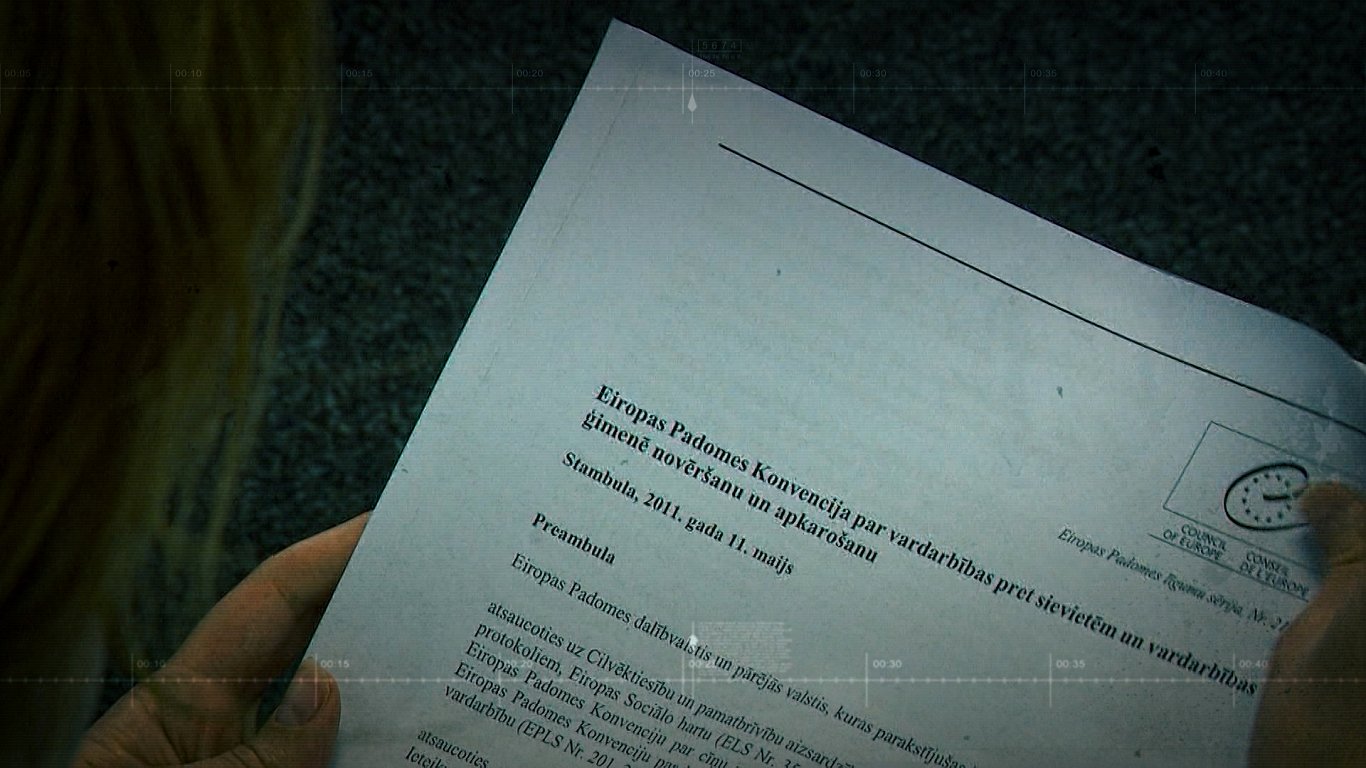The draft law was pushed for consideration by the Ministry of Welfare, which has indicated that “Latvia shall apply the values, principles and norms included in the Constitution of the Republic of Latvia in the implementation of the Convention, especially regarding the protection of human rights, equality between women and men and the protection and support of the rights of marriage, family, parents and children”.
The need for a Convention was justified by Prime Minister Evika Siliņa (New Unity) on occasions such as the tragic murder in Jēkabpils and the release of the husband of another woman from custody after he stabbed his wife ten times.
“There will be a declaration clearly stating that the entire declaration is in accordance with our Constitution,” Siliņa said the day before the government meeting.
The Convention will be accompanied by a declaration stating that “the Republic of Latvia considers that the purpose of the Convention is to protect women from all forms of violence, as well as to prevent, punish and eradicate violence against women and domestic violence”.
“The Republic of Latvia declares that it will apply the Convention within the framework of the values, principles, and norms contained in the Constitution of the Republic of Latvia, in particular with regard to the protection of human rights, equality between women and men and the protection and support of marriage, family, parents, and children's rights,” the declaration stated.
The Minister of Welfare Uldis Augulis (Union of Greens and farmers) said that the Convention is accompanied by an explanation that the term “social sex” which caused the dispute does not refer to gender, but to social role and does not include the obligation to introduce any other gender into Latvian society, education and justice system, and does not oblige other interpretations of norms, marriage, family, parents and children's rights and protection thereof included in the Constitution.
Countries that have adopted the Istanbul Convention should develop a coherent policy on violence against women and domestic violence, as well as inter-institutional cooperation with non-governmental organizations, civic society and the media. The Convention also stresses the need to compile statistics on cases of violence against women and domestic violence.
The Istanbul Convention was adopted by the Council of Europe as early as 2011. It entered into force in 2014 and was signed by the European Union in June 2017. It is the first international document of its kind.
Although the EU had signed the document, it has so far delayed full ratification because some Member States have refused to do so.
While most countries have already ratified the Convention at the national level and had no objection to ratification at the EU level, seven countries - Armenia, Bulgaria, Czech Republic, Hungary, Latvia, Lithuania, and Slovakia - have still not ratified it. Azerbaijan is the only country in the Council of Europe that has neither signed nor ratified the Convention.





























